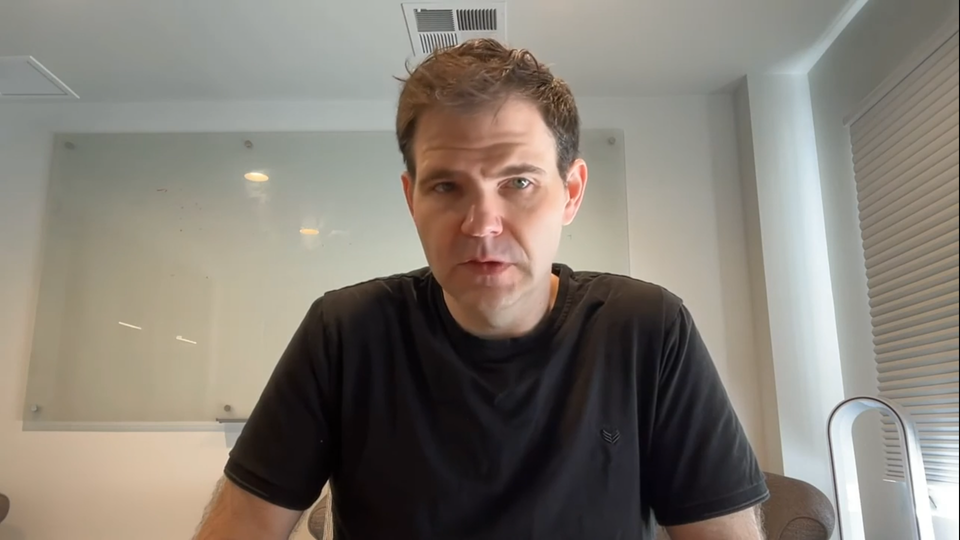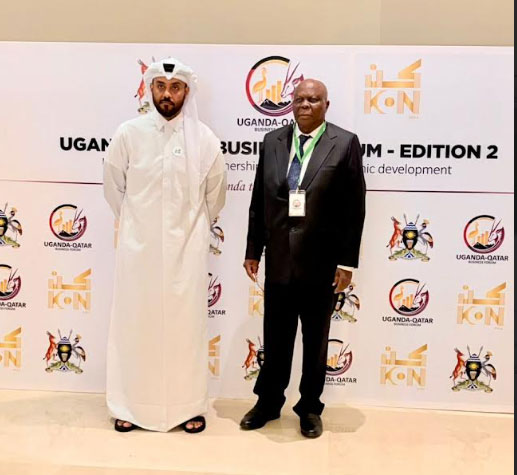Copyright thespinoff

While politicians rehash old debates, the rest of the country is quietly becoming bilingual – and our public service needs to catch up. We’ve heard a lot from a few politicians about te reo Māori in recent years. In fact, we’ve heard a lot from them about all things Māori. So much in fact, that I’m sure most of us have switched off. As someone heavily involved in the Māori language world, I do regrettably open my ear every so often. On language issues, I’ve been disappointed in the lack of nuance in the reckons of political leaders about the language. They seem stuck on the same tired arguments against te reo Māori that haven’t changed in decades. Their naysaying of today is identical to the naysaying during the WAI11 Māori Language Claim hearing in the 80s. How retro, how days of yore. During this year’s Te Wiki o Te Reo Māori, we celebrated decades of positive movement since that time – and we’re still moving that way. The world of Māori language is exciting and inspiring: we’re helping businesses here and overseas execute their work; building sector-leading technology; providing intelligent solutions to make language more accessible across the globe; and teachers are even being called to embassies. Increasingly, speakers are needed when our politicians travel overseas to meet diplomatic expectations. This is how business is done – not through the final handshake, but the language that geared it. Overseas, English is often last on the list. It wasn’t all that surprising to hear deputy prime minister David Seymour suggest public sector agencies shouldn’t be engaging in language or capability training. Act seems to find a great deal of use in politicising te reo Māori, but that’s not how the average New Zealander like me thinks about the language. For most of us, te reo Māori is a normal part of life and the nation is busy upskilling itself. There isn’t a day that goes by where I don’t have conversations in Māori, and most of my business transactions happen in Māori. Sometimes te reo Māori becomes political for us too – mostly as a reaction to some weird ministerial move. More often though, it’s the stuff of everyday life, like brushing teeth or getting into the office. When I use English, I’m often accommodating others. The public sector has a large role to play in the life of te reo Māori. It has numerous legislative and policy conditions placed upon it that mean capability training is necessary, but it also makes sense to have such training within organisations because the public service is supposed to be a mirror of society. As the Te Taunaki census shows us, the public service cannot speak Māori to the same degree as the nation. Training will be needed until all agencies reflect society. These agencies deliver services to Māori speakers, so they need to be able to communicate with us. A public service without such training is an abject failure because it cannot provide its services to citizens and businesses effectively. It cannot communicate with us and it cannot understand us. A strategic direction built on an inability to talk to citizens is how waste happens, because the work that is executed is prepared not for actual citizens, but assumed ones. That is wasteful. An agency not preparing to be fully bilingual in the future is also a short-sighted one. In politics, the scope is always short – working towards the next election year. In the public service, the scope should be 100 years ahead. The State of Te Reo Māori report estimates we’ll have 260,000 conversational speakers and 102,000 fluent speakers by 2040. Excellent agencies won’t be listening to politicians. They’ll be taking my free and frank advice, and getting ready. The average New Zealander simply shouldn’t accept a public service not built to serve all of its citizens, including people like me who speak Māori. That is how the public service delivers equality to all. Anything else, and the nation’s coffers are being expended for a simple few. As our economy grows and moves, public agencies need to prepare themselves to handle communicating with diverse groups of people who do not communicate in English. These are people that have long been excluded from accessing public services, made invisible by a succession of Crown officials (ministers included) who couldn’t be bothered talking to them anyway. The public service is trying to build trust again, and speaking commonly across multiple languages is a key way to do that. We are too far along in history for the “can’t be bothered” excuse. I’ve noticed recently just how much ministers are getting involved in the day-to-day running of their agencies. I understand they can have influence over their agencies in terms of budgets and direction, but it’s up to the agency itself to execute its business the best way it can for citizens, not because a political party feels a particular way about an issue and is on the inside. The public service lacks bravery right now – there is a rapidly declining belief that public agencies are politically neutral. I am concerned these agencies are caving so quickly today, that they could not serve a different government tomorrow. Te reo Māori plays a significant role in society. New Zealanders who want to be part of an intelligent, calm society see the language as a connection point to others who want the nation to be the same way. Te reo Māori only adds to our growing Māori economy and positive international relations. I’m not sure why anyone would want to argue against it.



